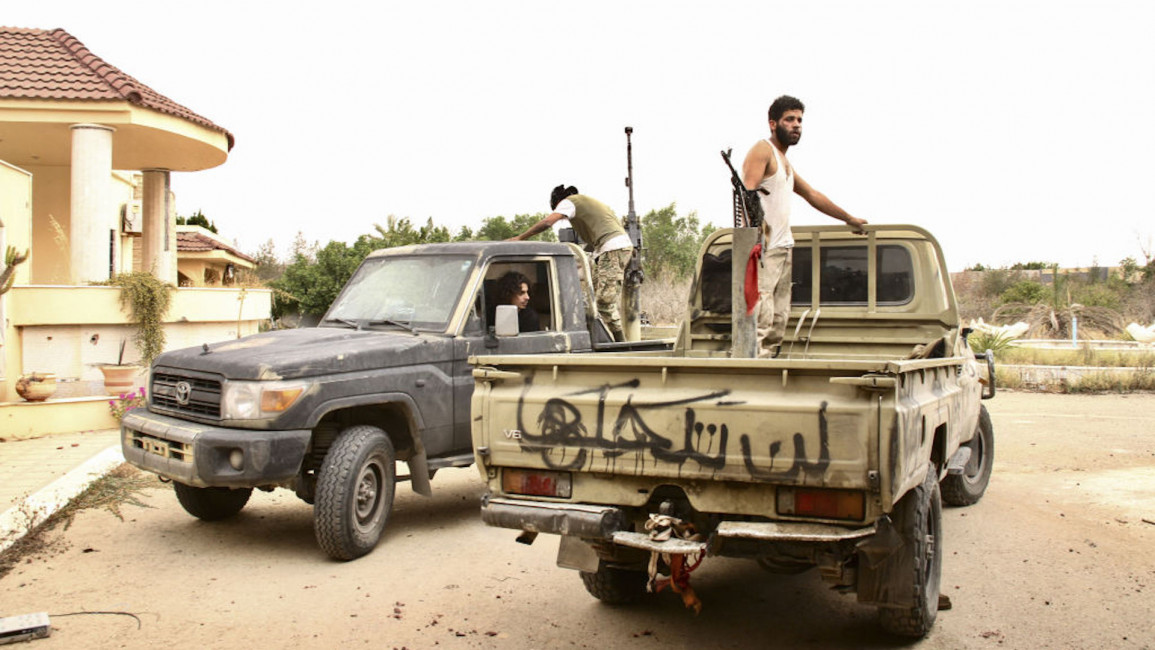UN chief denounces 'unprecedented' foreign interference in Libya
UN Secretary-General Antonio Guterres said Wednesday that foreign interference in the Libya conflict has reached "unprecedented levels," with sophisticated equipment and mercenaries involved in the fighting.
Guterres denounced the situation during a ministers-level UN Security Council video conference, expressing particular concern about the military forces massing around the city of Sirte, halfway between Tripoli in the west and Benghazi in the east.
"The conflict has entered a new phase with foreign interference reaching unprecedented levels, including in the delivery of sophisticated equipment and the number of mercenaries involved in the fighting," he said.
Forces loyal to Libya's internationally recognized Government of National Accord (GNA) "with significant external support, continued their advance eastward" and are 25 kilometers west of Sirte, Guterres said.
GNA units had tried twice before to seize the city, he noted.
The unity government, with Turkey's backing, is battling forces loyal to strongman Khalifa Haftar, who has support from Egypt, Russia and the United Arab Emirates.
|
"We are very concerned about the alarming military build-up around the city, and the high-level of direct foreign interference in the conflict in violation of the UN arms embargo, UN Security Council resolutions, and commitments made by member states in Berlin" in January, Guterres said.
He did not name any particular countries.
The secretary-general said UN-led talks with military leaders from both sides were focused on the departure of foreign mercenaries, counter-terrorism cooperation, "disarmament and demobilization of armed groups throughout Libya, and modalities for a possible ceasefire mechanism."
He also raised the possibility of creating a demilitarized zone to be controlled by the UN mission in Libya.
The presence in Libya of Russian and Syrian mercenaries has been raised as problematic since the start of the year.
Syrian regime forces are fighting with Haftar, while rebels have aligned themselves with the unity government.
Guterres said the latest fighting in southern Tripoli and the Tarhouna region had forced nearly 30,000 people to flee the violence, bringing the total of internally displaced people in Libya to more than 400,000.


![President Pezeshkian has denounced Israel's attacks on Lebanon [Getty]](/sites/default/files/styles/image_684x385/public/2173482924.jpeg?h=a5f2f23a&itok=q3evVtko)



 Follow the Middle East's top stories in English at The New Arab on Google News
Follow the Middle East's top stories in English at The New Arab on Google News


